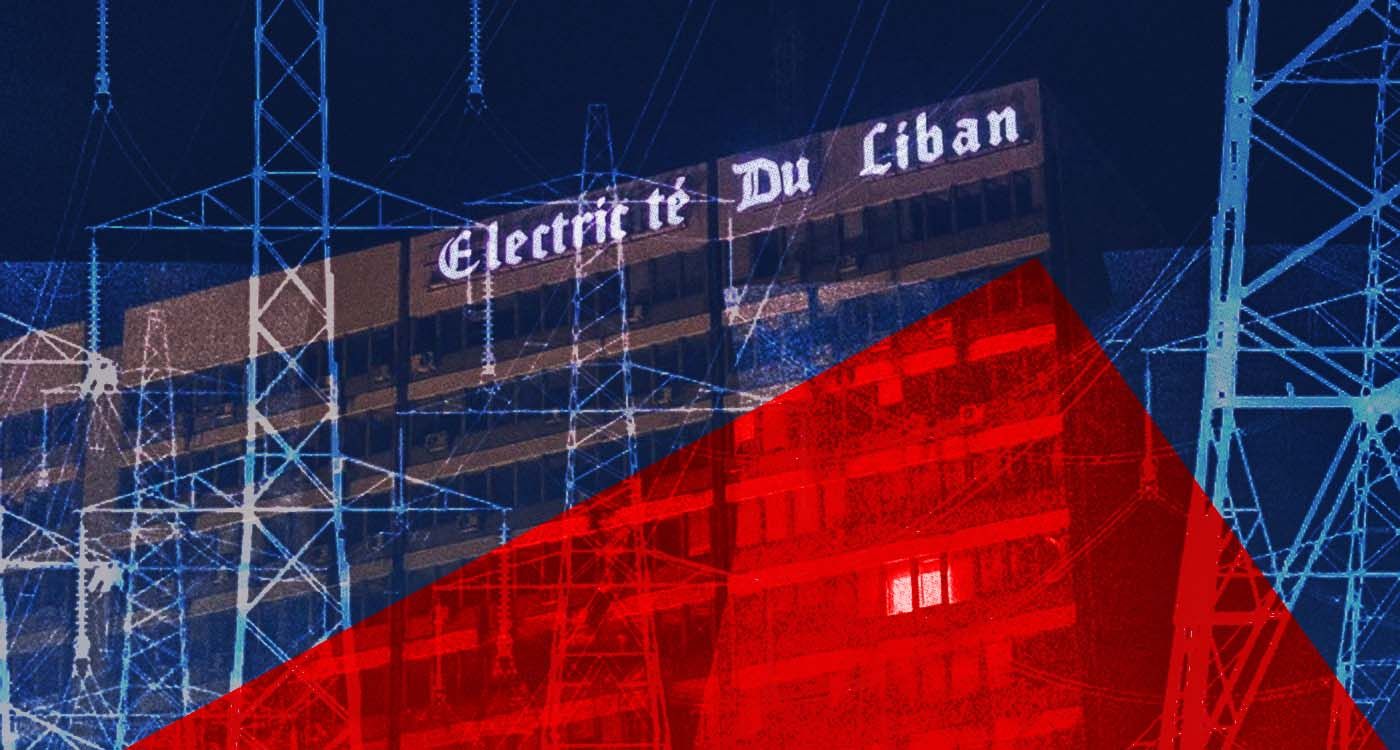
In Lebanon, each season has its charm: autumn rain, winter storms, spring flowers and summer blackouts. Like a bad TV series on endless repeat, the plot is always the same, a major outage or fuel shortage followed by the usual technical excuses.
On the night of August 10 to 11, just after midnight, Lebanon plunged once again into total darkness. A “serious technical incident,” now a familiar phrase, struck the main Zouk power plant, a source at Électricité du Liban (EDL) told This is Beirut.
The cause: a breakdown of insulation in a connection insulator, triggered by a dangerous mix of high humidity and extreme heat. The same conditions also affected the Deir Ammar plant (150 MW) in northern Lebanon, where the steam turbine temporarily failed from overheating.
This caused a domino effect, leaving several regions, especially in the north, without power. EDL launched “Operation Light” to reconnect gas turbines at Zahrani and Deir Ammar, restart reverse engines at Zouk and Jiyeh, and cool the failing steam turbine – a 24-hour task in theory.
Energy and Water Minister Joe Saddi closely monitored the response and, on Monday morning, summoned EDL Director-General Kamal Hayek to demand an investigation into possible sabotage amid growing suspicions.
In a statement, Saddi reaffirmed his commitment to transparency about the sector’s crisis and commitment to sustainable solutions, noting that the impact of such incidents would be far less severe if modern power plants had been built in the past 15 years to meet demand.
Meanwhile, Byblos Contracting Company, managing Jbeil’s electricity concession, announced measures to address the combined challenges of extreme heat, high humidity and soaring electricity use.
When the Power Goes Out… So Does the Water
In Lebanon, a power outage never strikes alone. The Beirut and Mount Lebanon Water Authority (EBML) announced that the Dbayeh treatment plant was forced to shut down due to electricity loss. With the pumps offline, the water supply across Beirut and Metn was drastically reduced.
An agreement with Iraq was meant to ensure a steady fuel supply to ease these summer crises. But between procedures, payments, logistics and local obstacles, the promise seems to fade before the fuel even reaches the plants. The result: every summer, fuel stocks remain “limited,” with priority given to critical infrastructure such as the airport and a few privileged others.
At this rate, candles, private generators and WhatsApp groups asking “Who has power?” will remain the true stars of our summers.




Comments